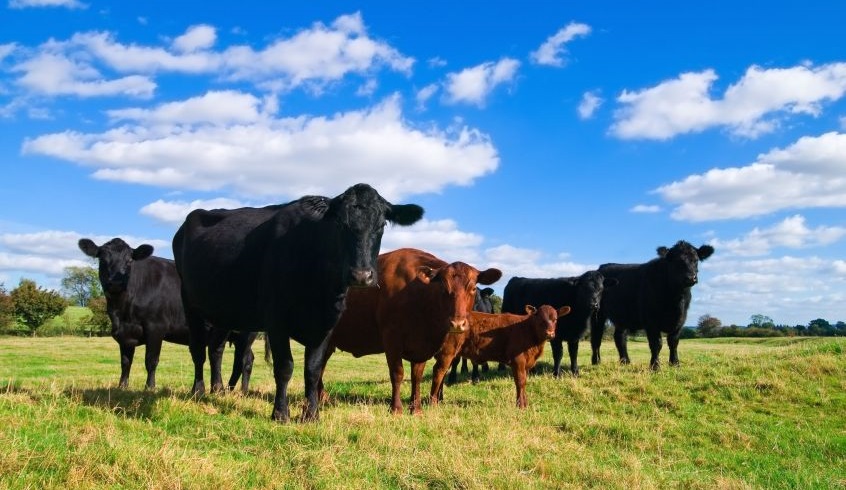
Vets have welcomed temporary amendments to bovine TB testing that will allow herd tests to continue while maintaining the safety of farmers during the Covid-19 pandemic.
It follows campaigning by the veterinary groups to allow a greater number of TB herd tests to be completed safely during the crisis.
The new measures in England and Wales, announced by the Animal and Plant Health Agency (APHA), came into force on Monday 4 May.
These measures allow calves under 180 days old to be excluded from certain routine and targeted surveillance TB skin tests in Officially TB Free (OTF) herds if, in the vet’s judgement, they can’t be tested safely in line with government social distancing guidance.
No movement restrictions will be placed on herds as long as the other eligible (older) animals in the herd have been TB tested with negative results within the relevant testing window.
In Northern Ireland, the Department of Agriculture, Environment and Rural Affairs (DAERA) has introduced measures whereby TB testing is being allowed to proceed only in exceptional circumstances where it can be carried out safely.
As of Monday, calves under 180 days old may be exempt from all TB herd test types if they cannot be tested in accordance with public health guidance.
Herds with clear tests will retain or regain their OTF status and can trade freely, with the exception of untested calves aged between 42 and 180 days.
The untested calves will be restricted and cannot be traded until they can be tested safely with a negative result.
The British Veterinary Association (BVA) welcomed the announcement, calling it a 'pragmatic approach' to bovine TB testing rules amid the Covid-19 crisis.
BVA junior vice president, James Russell said: “While we recognise that it will have some effect on the overall interpretation of the TB status of herds, the amendment provides a risk-based approach that prioritises safety whilst allowing vets and farmers to continue vital animal health.
“From a longer-term perspective, it will help vets maintain the food supply chain by controlling bovine TB through statutory controls.“
In Scotland, normal TB testing procedures still apply. If it’s not possible to safely TB test calves whilst maintaining social distancing, vets must record this on the test chart and the test will be incomplete.
If it is not completed within the testing window, then the whole test will become overdue.
